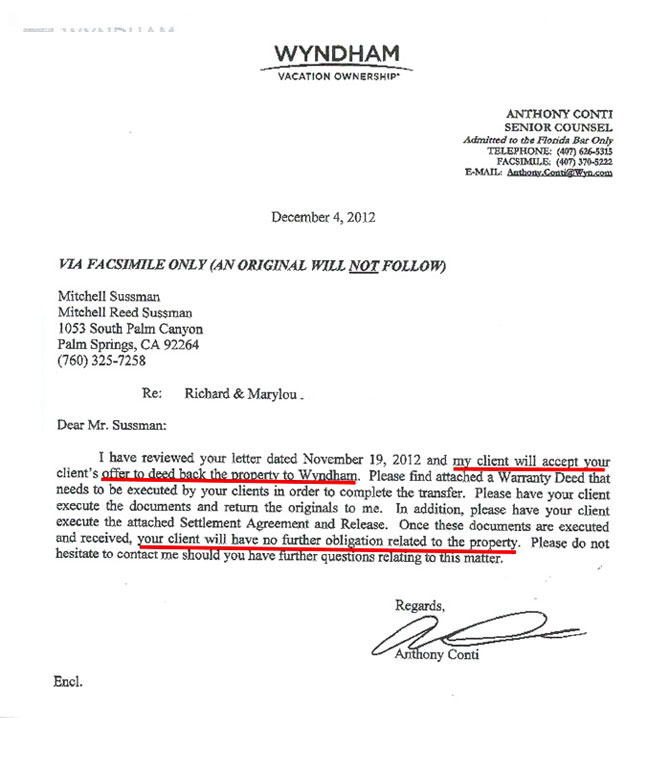But you could not assume it's continuous and play with the spreadsheet a bit. However I, what I would, I'm introducing this since as we pay for the financial obligation this number is going to get smaller. So, this number is getting smaller sized, let's state at some time this is just $300,000, then my equity is going to get bigger.
Now, what I've done here is, well, actually before I get to the chart, let me actually reveal you how I determine the chart and I do this throughout 30 years and it passes month. So, so you can envision that there's really 360 rows here on the actual spreadsheet and you'll see that if you go and open it up.
So, on month absolutely no, which I do not reveal here, you obtained $375,000. Now, throughout that month they're going to charge you 0.46 percent interest, keep in mind that was 5.5 percent divided by 12. 0.46 percent interest on $375,000 is $1,718.75. So, I haven't made any home loan payments yet.
So, now before I pay any of my payments, rather of owing $375,000 at the end of the first month I owe $376,718. Now, I'm a hero, I'm not going to default on my home mortgage so I make that first home mortgage payment that we determined, that we determined right over here.
Now, this right here, what I, little asterisk here, this is my equity now. So, remember, I began with $125,000 of equity. After paying one loan balance, after, after my first payment I now have $125,410 in equity. So, my equity has increased by exactly $410. Now, follow this link you're most likely stating, hello, gee, I made a $2,000 payment, an approximately a $2,000 payment and my equity only increased by $410,000.
So, that very, in the start, your payment, your $2,000 payment is mainly interest. Only $410 of it is principal. But as you, and then you, and then, so as your loan balance goes down you're going to pay less interest here and so each of your payments are going to be more weighted towards principal and less weighted towards interest.
This is your brand-new prepayment balance. I pay my mortgage once again. This is my new loan balance. And notification, already by month 2, $2.00 more went to primary and $2.00 less went to interest. And throughout 360 months you're visiting that it's an actual, substantial difference.
This is the interest and principal portions of our home loan payment. So, this entire height right here, this is, let me scroll down a little bit, this is by month. So, this whole height, if you observe, this is the exact, this is exactly our mortgage payment, this $2,129. Now, on that really first month you saw that of my $2,100 only $400 of it, this is the $400, just $400 of it went to in fact pay for the principal, the real loan amount.
Many of it opted for the interest of the month. However as I begin paying down the loan, as the loan balance gets smaller sized and smaller sized, each of my payments, there's less interest to pay, let me do a much better color than that. There is less interest, let's state if we go out here, this is month 198, over there, that last month there was less interest so more of my $2,100 in fact goes to settle the loan.
Now, the last thing I desire to talk about in this video without making it too long is this idea of a interest tax reduction. So, a great deal of times you'll hear monetary organizers or realtors inform you, hey, the benefit of buying your house is that it, it's, it has tax benefits, and it does.
Your interest, not your whole payment. Your interest is tax deductible, deductible. And I want to be really clear with what deductible means. So, let's for example, discuss the interest charges. So, this https://lorenzornca753.wordpress.com/2020/09/08/what-is-timeshare-property/ entire time over 30 years I am paying $2,100 a month or $2,129.29 a month. Now, at the beginning a great deal of that is interest.

That $1,700 is tax-deductible. Now, as we go even more and even more monthly I get a smaller and smaller sized tax-deductible portion of my actual mortgage payment. Out here the tax reduction is really extremely little. As I'm preparing to settle my whole home mortgage and get the title of my house.
This doesn't mean, let's state that, let's say in one year, let's state in one year I paid, I don't understand, I'm going to make up a number, I didn't determine it on the spreadsheet. Let's state in year one, year one, I pay, I pay $10,000 in interest, $10,000 in interest.
And, but let's say $10,000 went to interest. To say this deductible, and let's state prior to this, let's state before this I was making $100,000. Let's put the loan aside, let's say I was making $100,000 a year and let's state I was paying roughly 35 percent on that $100,000.

Let's state, you know, if I didn't have this home mortgage I would pay 35 percent taxes which would have to do with $35,000 in taxes for that year. Just, this is simply a rough quote. Now, when you state that $10,000 is tax-deductible, the interest is tax-deductible, that does not imply that I can just take it from the $35,000 that I would have normally owed and just paid $25,000.
So, when I inform the Internal Revenue Service how much did I make this year, rather of stating, I made $100,000 I say that I made $90,000 because I was able to subtract this, not directly from my taxes, I was able to subtract it from my earnings. So, now if I just made $90,000 and I, and this is I'm doing a gross oversimplification of how taxes actually get computed.